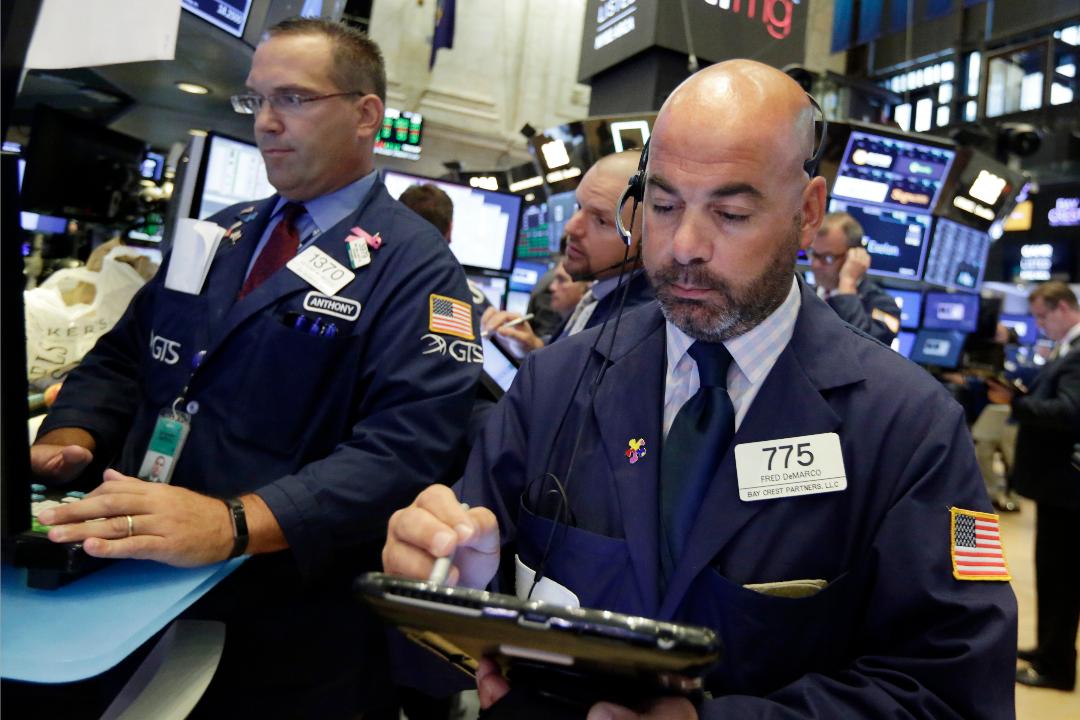BMW warns that trade spat will drag on sales, profit
BMW warned on Tuesday that uncertainty related to a global trade dispute has dragged on prices, as the company reduced its outlook for full-year profits and sales.
“The continuing international trade conflicts are aggravating the market situation and feeding uncertainty,” the German automaker said. “These circumstances are distorting demand more than anticipated and leading to pricing pressure in several automotive markets.”
BMW also said new emissions tests in Europe and warranty costs will weigh on its bottom line this year. Europe implemented a stricter testing standard for diesel vehicles on Sept. 1, and manufacturers registered a flood of vehicles before the deadline. The supply glut could last a few months, pulling down prices locally, according to an EY study cited by Bloomberg.
Many automakers have enjoyed record-high earnings and sales in recent years, buoyed by strong demand for high-margin trucks and SUVs. But the threat of new import tariffs, particularly on vehicles shipped between the U.S. and Europe, has introduced a different set of challenges for the industry.
Daimler, the parent company of Mercedes-Benz, issued its own profit warning in June. Meanwhile, some manufacturers have altered production plans to dodge any impact from tariffs imposed by the U.S. and China. Ford scrapped plans to sell the Chinese-made Focus Active crossover in the U.S., and Volvo shifted production of the XC60 to Europe from China, its CEO told Reuters.
BMW said full-year revenue generated by its automotive division is now on pace to decline slightly year-over-year, rather than posting a slight increase. Pre-tax earnings, which were expected to remain level, are forecast to fall moderately below the 10.66 billion euros, or $12.55 billion, reported last year.
BMW also projected an automotive profit margin of around 7 percent, below its prior guidance of 8 percent to 10 percent.
U.S. sales of BMW Group vehicles, including Mini, fell 1.5 percent in August. Sales are up 1.9 percent this year compared to the first eight months of 2017.




















